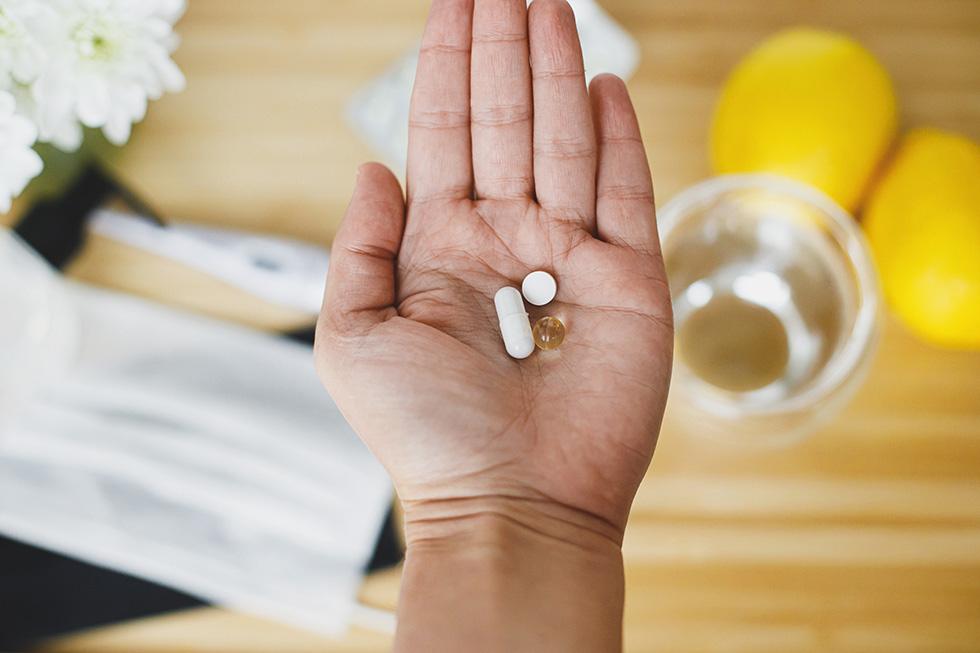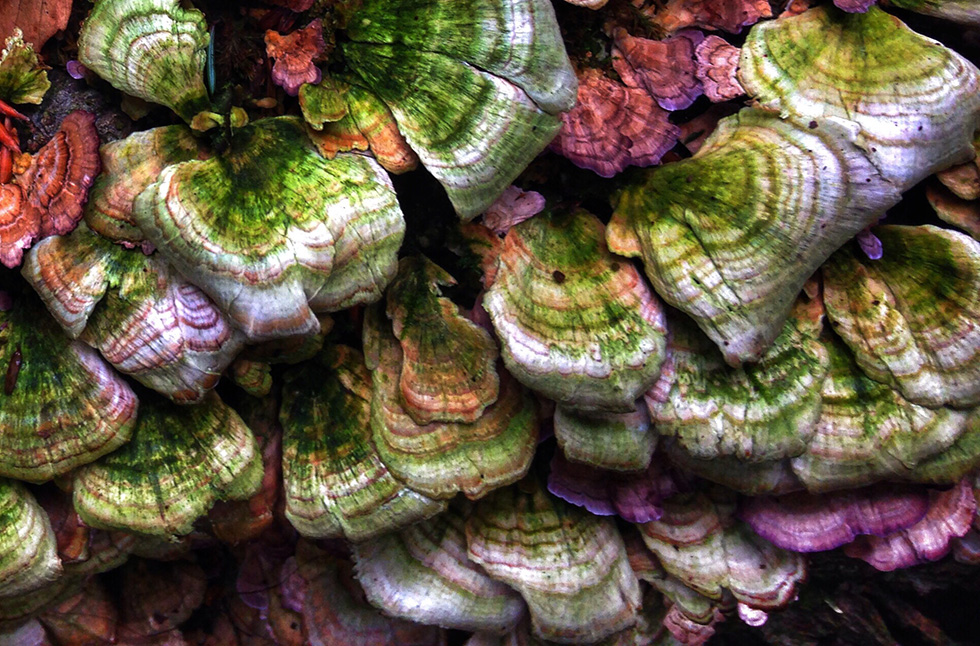Betaine is a methyl group donor and plays an important role in various bodily functions namely the control of DNA doubling, the nervous system, the synthesis of neurotransmitters and hormones.
Betaine also supports the energy and fat metabolism and therefore aids in weight and fat loss.
Betaine is a cell-protective amino acid derivative found as a secondary plant micronutrient in wild plants and is mostly extracted from sugar beets. Betaine helps plants survive in dry and salty environments. It protects cells from dehydration and preserves cell proteins from denaturation. Betaine increases the water-binding capacity and moisture content of the skin. It helps to keep the skin smooth and supple.
Betaine is a homocysteine killer that can protect the heart, blood vessels and liver, as well as prevent dementia. Betaine is formed by the oxidation of choline and is also related to the amino acid glycine, as whose derivative it occurs. This is made clear by the name also used for betaine: Trimethylglycine.


